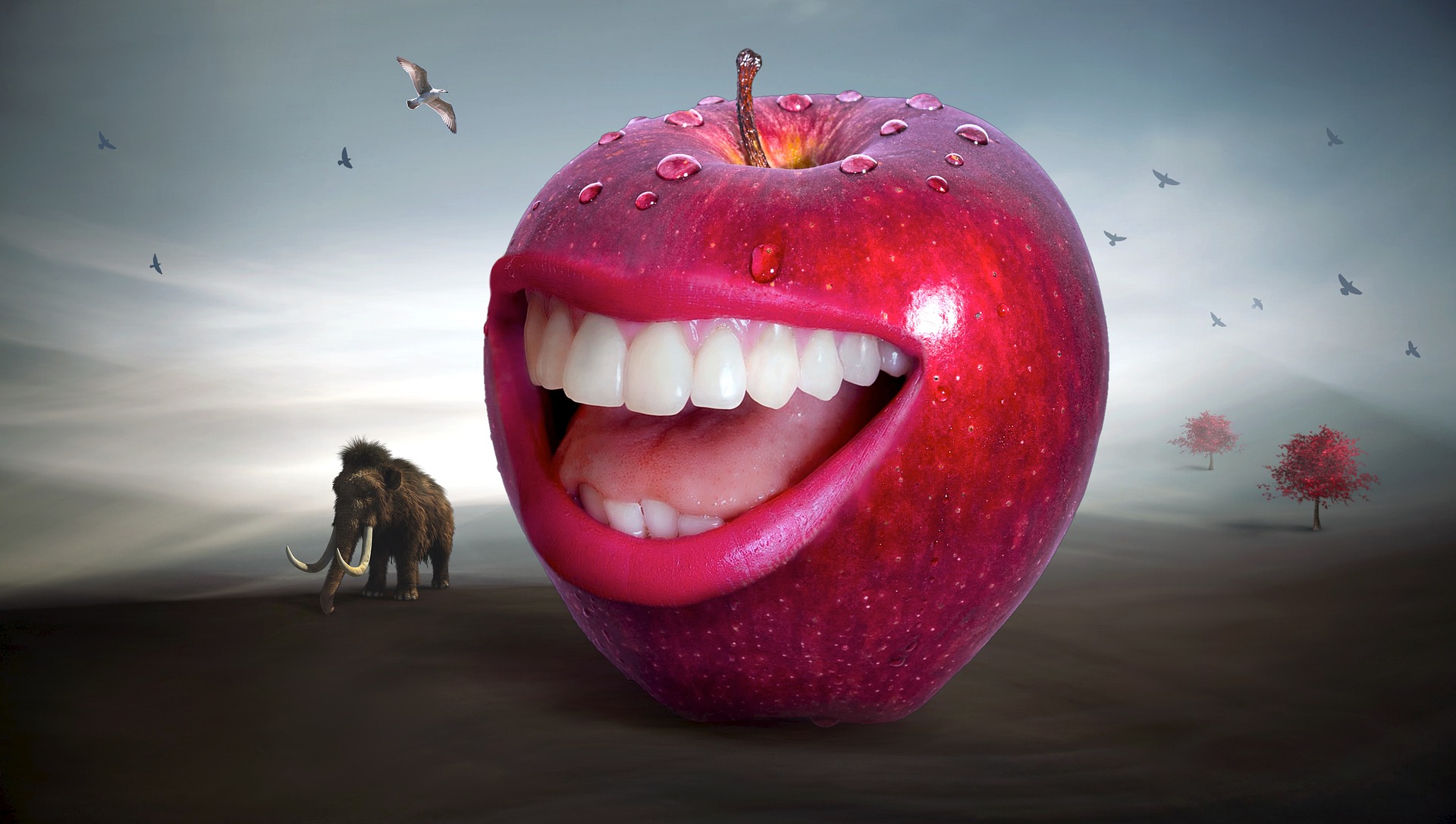
Importance of Having a Healthy Mouth
A healthy mouth is a window to your overall health. When your oral health is poor, other health issues can worsen, such as diabetes. Poor oral hygiene and gum disease can lead to heart conditions, stroke and even pancreatic cancer.
A healthy mouth allows you to keep your teeth for life. This is important not just for your smile and your self-confidence but also your speech, chewing ability, and facial structure.
You can purchase an array of toothpaste, mouthwashes and teeth whitening products that will keep your teeth and gums healthy. But if you prefer a natural approach to dental care, many home remedies can also do the trick.
Natural Remedies
Following a good oral hygiene routine of brushing twice a day and flossing and using mouthwash daily can be supplemented with natural remedies.
The most natural way to keep teeth and gums healthy is to eat a well-balanced diet. Foods, herbs and other natural remedies can help to keep your teeth clean, prevent cavities, and freshen your breath. Here are eight of the best natural ways to keep your mouth is healthy.

- Neem
On the Indian subcontinent where neem trees are common in the wild, people have been chewing on neem twigs for centuries to avoid tooth loss. This was backed up with a study in 1999 that stated chewing sticks made with neem extract can protect against the buildup of bacteria, preventing gum disease.
Neem is a natural antibacterial agent that can prevent cavities, and its deodorant properties freshen your breath. Its antibacterial properties help reverse gum and mouth diseases like gingivitis. Brush with neem toothpaste or use a mouthwash containing neem extract to prevent gum disease, tooth decay, oral infections, and inflammation.
- Tea Tree Oil
Tea tree oil is a natural antibacterial agent and kills harmful bacteria. It’s also antimicrobial which makes it an effective treatment for periodontal disease. And it’s a natural antiseptic which means it prevents the growth of bacteria. It’s natural deodorant properties help to freshen breath too! For all these oral health benefits look for a natural tea tree oil toothpaste.
If you are experiencing or swollen gums add 2-3 drops of tea tree oil to a glass of water and swish it around your mouth for a minute or two before spitting it out. For a toothache, add 2-3 drops of tea tree oil to one tablespoon of coconut oil and swab onto your gums using your finger.
Disinfect your toothbrush by adding one drop of this essential oil between uses. This will keep bacteria at bay, but always replace your toothbrush every three months.
- Cranberry
According to a study from the Tokyo Dental College, cranberries may protect the teeth from the bacteria that contribute to cavities by preventing plaque from sticking to the surface of the teeth. The red pigments in cranberries also inhibit plaque formation.
Cranberries offer more than anti-adhesion properties; they are also an agent for reducing bleeding gums and bad breath.
You can enjoy the oral benefits of this superfood because cranberryextracts are added to toothpaste, mouthwash, and dental floss.
- Foods containing vitamin C
Nutritious foods provide the vitamins and minerals you need for a healthy mouth. Vitamin C is essential for healthy gums. It promotes healthy capillaries, reduces inflammation and makes the gums more resistant to bacteria.
The antioxidants in vitamin C can also heal mouth ulcers – those annoying little bumps that crop up inside your cheeks when your immune system is stressed.
Bell peppers. kiwi, strawberries, kale, and broccoli are all excellent vitamin C rich foods.
Consult a Milton Keynes dentist for advice on how much vitamin C you should be getting and other dietary tips for a healthy smile.

- Oil pulling
Oil pulling is an ancient Indian remedy that involves swishing a tablespoon of coconut, olive, sunflower or sesame oil in your mouth like mouthwash for 15 minutes. Studies suggest it can eradicate bacteria in the mouth and improve oral health. Oil pulling is also considered an alternative treatment for bad breath.
Research is limited, but studies suggest it acts as a cleanser and is effective at increasing saliva production which helps to wash away food debris, decreasing plaque production and protecting against gingivitis.
- Salt water
This simple old wives healing remedy for oral issues are cost-effective and has many benefits. It reduces bacteria by loosening food debris, soothes a sore throat, helps you recover quicker, and fights bad breath.
A salt water rinse temporarily increases the pH balance in your mouth, making the environment more alkaline, preventing bacteria from breeding.
A saline solution is also often recommended by dentists to help your mouth heal faster after a deep cleaning or a tooth extraction because it acts as an antiseptic.
To make a salt water rinse, add ½ teaspoon of salt to one cup of water. After brushing and flossing, swish the rinse around your mouth for a few seconds before spitting it out.
Gargling with a salt water solution can flush away bacteria and help to inhibit plaque, reduce gum disease and freshen your breath.
- Dairy Foods
A number of foods help protect teeth from decay because of the nutrients they provide. Studies have shown that dairy foods like plain yogurt, cheese, and milk are beneficial for dental health, especially in children. These foods contain calcium and phosphorus, protein and vitamins and minerals to build strong teeth and inhibit tooth decay.
The protein in cheese prevents bacteria from sticking to your teeth, and a study even suggests cheddar cheese can protect tooth enamel from acid erosion.
- Herbs
Using the power of essential oils and organically grown herbal extracts in toothpaste and mouthwash can promote optimal oral health. Herbs can relieve gum inflammation, rebuild connective tissue, neutralise bad breath and provide therapeutic benefits.
For example, echinacea, which is sometimes referred to as the toothache plant, is an antimicrobial and anti-inflammatory herb that can fight off microbial infections and repair damaged tissue.
Oregon grape root is an astringent which heals swollen and inflamed gums. Many medicinal herbs can be used as antimicrobials to reduce harmful bacteria, heal mouth ulcers and be used in recipes to help remineralise our teeth.







